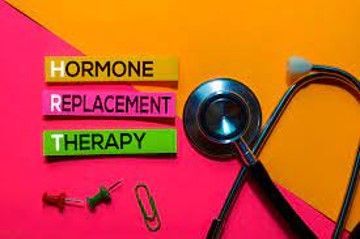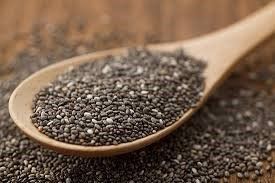How can you improve your sleep in the Perimenopause and Menopause?
How can you improve your sleep in the Perimenopause and Menopause?
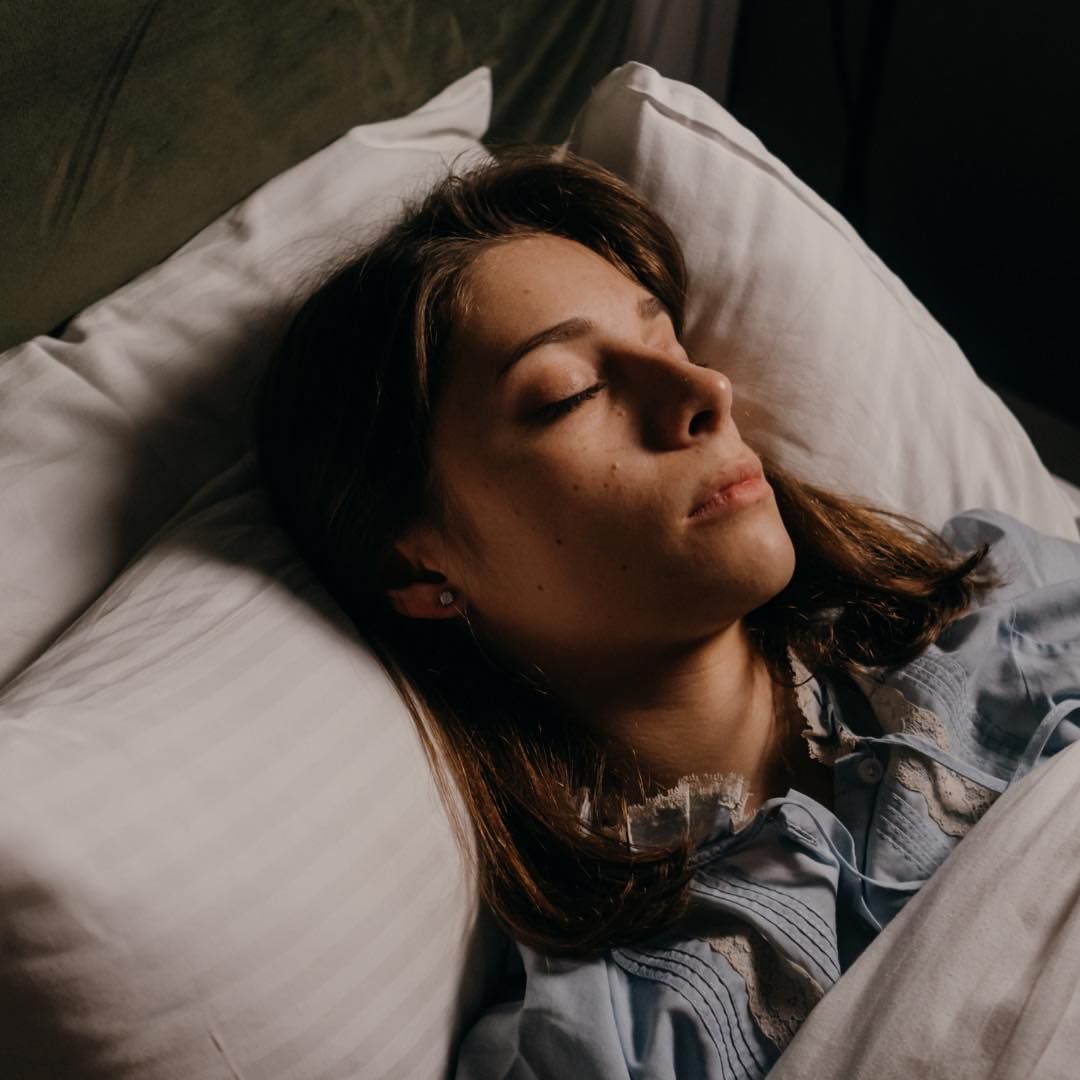
We all know how bad we can feel after one bad night’s sleep. Regular lack of sleep can become draining and often debilitating, making a full day of activity a difficult task. Knowing that sleep deprivation is a form of torture and knowing that it affects so many women as they move into the Perimenopause, the subject of sleep (and more the lack of it) seemed an important topic to discuss at Joan’s Wellness Zone’s Menopause Hub.
For women in the perimenopause and menopause, lack of sleep or difficulty sleeping is to do with the fluctuating hormones oestrogen and progesterone which will happen as we age, but lifestyle and our daily routines affect and influence these too.
Why is sleep important?
We need to sleep to allow our body some time to rest and restore itself for the next day. A period of sleep gives our body systems time to work without interruptions and particularly in the brain, it allows the Glymphatic System to do it’s job. The Glymphatic system is the brain’s own cleaning system that helps to remove any amyloid plaques and protein tangles that have been laid down and are the precursors to developing Alzheimer’s.
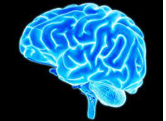
There is a 24% increase in heart attacks the day after we lose an hours sleep when the clocks go forward in the Spring
To prove the point on the importance of sleep, there is a 24% increase in heart attacks the day after we lose an hours sleep when the clocks go forward in the Spring. This is reversed in the Autumn proving that extra sleep, enough sleep, is life changing.
Trying to get more sleep is not a sign of being lazy, it is a requirement of a healthy body and the ability of the brain to function.
It is quite common during the Perimenopause...
It is quite common during the Perimenopause for us to experience getting off to sleep OK but then waking several hours in to the night and then not being able to get off again. This can often be due to a reduction in the hormone Progesterone as this is our calming hormone and helps promote sleep.
This pattern of getting off to sleep OK and then waking a few hours later, often around 3am, and not getting back to sleep happened to me for months on end and didn’t change until I’d got a few things in check. The following things helped me, and I hope they will help you too.
- A bedtime routine – we are cyclical creatures so going to bed and getting up at the same time will give your body time to establish a pattern if when it should be sleeping and when it should be getting on with things.
- A bedtime routine that involves a wind down period – trying to get to sleep when we’re still wired and buzzing from the day could make the initial nodding off more difficult so it’s best to have at least a 30 min quiet time before trying to sleep.
- Cutting out caffeine later in the day. Having a cut off time for our last caffeinated drink will mean it’s out of our system when we’re trying to get off to sleep. This time will vary for everyone so it’s best to start by restricting caffeine from midday and see what happens.
- Try not to eat too late and if it is later, try to eat a smaller meal. If we eat a late meal and then try to sleep, our digestive system is going to kick in to action when we’re trying to rest and cause a disturbance for us.
- Don’t exercise too late in the evening. Again, this won’t allow a period of wind down before sleep and make it more difficult to drop off.
- Don’t use alcohol to help sleep. Alcohol may initially help us to drop off because it’s a sedative, but it will cause us to wake earlier and out of our deeper sleep and make the rest of the night more restless.
There are other factors that may also help,
- Avoiding blue light late in the day. Blue light from phones and screens can confuse the body that it is daylight and upset the body’s natural rhythm of the sleep/wake cycle. If you can’t sleep the last thig you should do is scroll through your phone!
- Keep your bedroom dark and cool. Your core temperature needs to be lower to be able to get off to sleep and you will drop off better if the room is dark.
- Meditation – this can help calm the nervous system down, reduce the stress hormone cortisol. If the level of cortisol is too high, it won’t allow your body to rest.
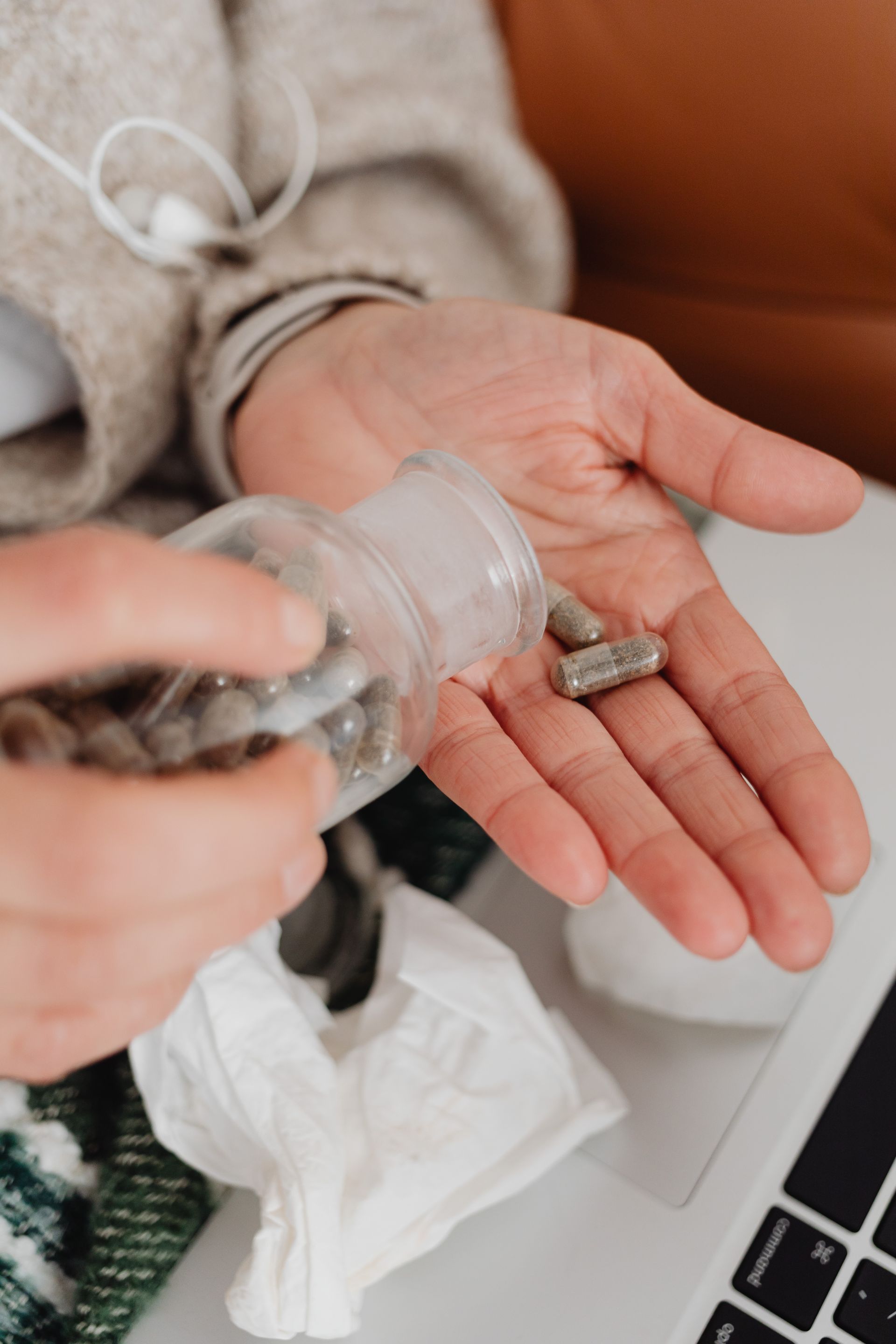
There are also a couple of supplements, well documented that my also help you too improve your sleep. These are Ashwaganda and Magnesium. I have personally had a good effect from both of these. I no longer use them but they helped get me in to a better pattern of sleep that I could then continue with.
These are the links to the two supplements I used
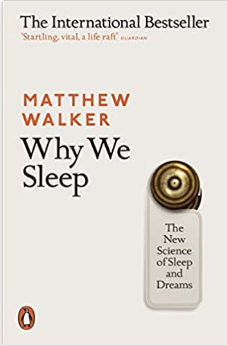
If you’re interested in finding out more about sleep and then the real expert on this is Matthew Walker, he has a book called ‘Why We Sleep’ but to hear him speak you can watch this clip

If you would like some help in achieving better relaxation/meditation/gentle stretching to help aid your sleep, my Rel-ease class may be of help to you. This runs on a Tuesday evening twice a month 7.45-8.30pm. For more information please click here
Wishing you a better night’s sleep 😴


